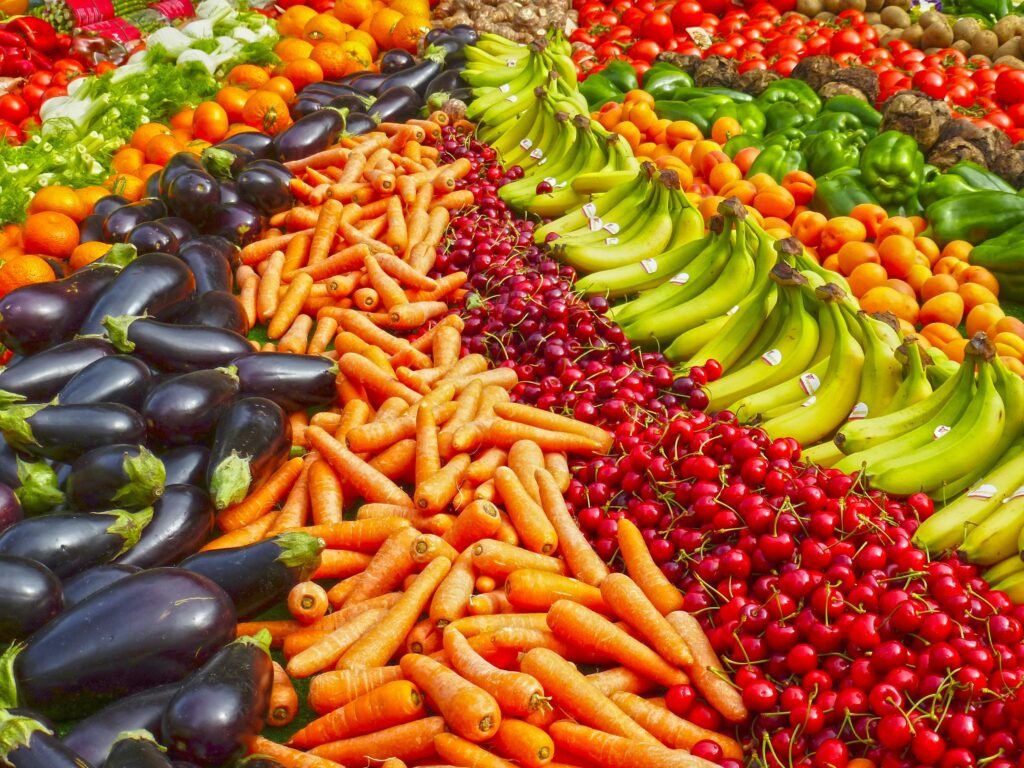Why is Nutrition so Important?
Share to:

Photo Credit: Pixabay by Pixels
Have you heard the saying, “you are what you eat?”, Well this can’t be closer to the truth. Although I would like to alter it slightly… You are what you consume!
The human body is like a sponge, absorbing its resources from the environment. What we expose ourselves to externally affects our inner health and wellbeing. Therefore, what we put into our body plays a vital role in how we perform on a day-to-day basis.
The food we consume not only provides fuel to our muscle cells for repair and recovery, it impacts our brain and nervous system too.
The Body & Brain Connection
If our digestive systems are unbalanced, we are unbalanced, and if we are unbalanced, our digestive systems are unbalanced.
Have you ever experienced the feeling of nervousness, you know, like when you are preparing to go on a first date and are excited and scared all at the same time? Then all of a sudden your heart starts pounding and you get that fluttery feeling in your stomach. This happens because of the body-brain connection. The mind cannot differentiate between our internal and external worlds. The sympathetic nervous system responds to our thoughts by producing chemicals such as adrenaline and dopamine, these chemicals influence the physical and emotional responses that we produce. Thankfully we can lessen these sensations by practising mindfulness techniques such as meditation, breathwork or by implementing cold immersion as a therapeutic intervention to tame those pesky butterflies if they get out of hand.
How Food Affects Your Mind
Reversing this process, what we eat also influences the health of our thoughts and feelings. If we are consuming a diet high in saturated fats and sugars, whilst neglecting essential nutrients, our inner worlds do not receive the fuel required to function effectively. Creating an environment for stress and anxiety to thrive. Whilst saturated fats and sugars may provide temporary gratification, overtime these foods may impair the mesolimbic dopamine system reducing motivation, productivity and the ability to focus. The western diet is pre-packaged for convenience, it is loaded with unhealthy fats and sugars, and it provides inadequate vitamins and minerals for cognitive and emotional health. There is an overconsumption of cleverly packaged super-processed foods sweeping the nation with little to no nutritional value. Meat is heavily consumed. The nutritional quality of our vegetables is slowly declining and anxiety is on the rise.
SO WHAT CAN WE DO ABOUT IT?
Consume a Balanced Diet
Diets that provide a balance of vitamins, minerals, healthy fats, complex carbohydrates and lean protein will help to harmonise the mind-body connection. The Mediterranean and Japanese diets are full of nutrients and can provide an array of health benefits. Avoiding super-processed foods, eating in moderation and consuming a variety of nutritionally dense foods, will provide the body with an optimal environment for physical and emotional resilience.
“Let food be thy medicine and medicine be thy food.” – Hippocrates
Mindful Eating
Mindful eating is a practice based in Zen Buddhism, encouraging us to approach our meals with an awareness and an appreciation of what we are consuming.
Eat in silence. Our attention can become easily swayed by the television, phone or other external forces. By eating in silence you are gifting yourself the opportunity to fully experience your meal.
Eat slowly, Whats the rush? Oftentimes we get carried away with our obligations, we can take our meals for granted and eat like it is a chore instead of an experience for us to enjoy. Can you take this moment to slow down?
Be present with your food. Focus your attention on the sensations, the smells, the texture, the temperature. Does it taste salty, sweet, sour, bitter or umami?
Romanticise your food and savour the flavour. In what ways can you relish in this moment? (pun intended).
Hara Hachi Bun Me – “Eat Until You Are 80% Full”
“Hara Hachi Bun Me” is a Confucian philosophy that reminds us to be aware of how much we are consuming. The idea is to eat only until we are no longer hungry, not completely full.
Further Reading:
https://www.sciencedaily.com/releases/2015/07/150714112424.htm
https://www.health.harvard.edu/blog/nutritional-psychiatry-your-brain-on-food-201511168626
Anna Roters
Want brain-supporting recipes and cooking tutorials?
Nebula membership includes our complete collection of nutritional resources designed for nervous system regulation.






